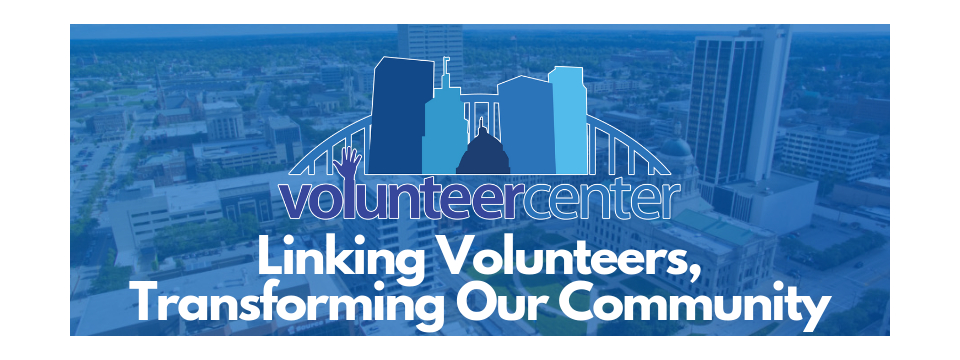Volunteer visiting inpatient military veterans involves providing support, companionship, and a listening ear to veterans who are hospitalized. These volunteers can help lift spirits, offer distractions from the hospital environment, and facilitate reminiscence about military experiences.
Here's a more detailed look at what the role entails:
Key Responsibilities:
· Provide Companionship:
Volunteers spend time with veterans, offering a listening ear and creating a sense of connection.
· Offer Distractions:
Hospital stays can be isolating, so volunteers help break up the routine and provide engaging conversation.
· Facilitate Reminiscence:
Veterans may enjoy sharing stories from their military service, and volunteers can help foster these conversations.
· Promote a Positive Environment: By being present and supportive, volunteers help create a more positive and comfortable atmosphere for patients.
Benefits for both Patients and Volunteers:
· For Patients:
Improved mood, reduced isolation, a sense of connection, and a break from the hospital routine.
· For Volunteers:
A sense of purpose and fulfillment, the opportunity to connect with veterans, and the satisfaction of making a difference.
Additional Opportunities:
- Veterans who are also volunteers can share their unique understanding of the military experience and its impact, according to VNA Health.


